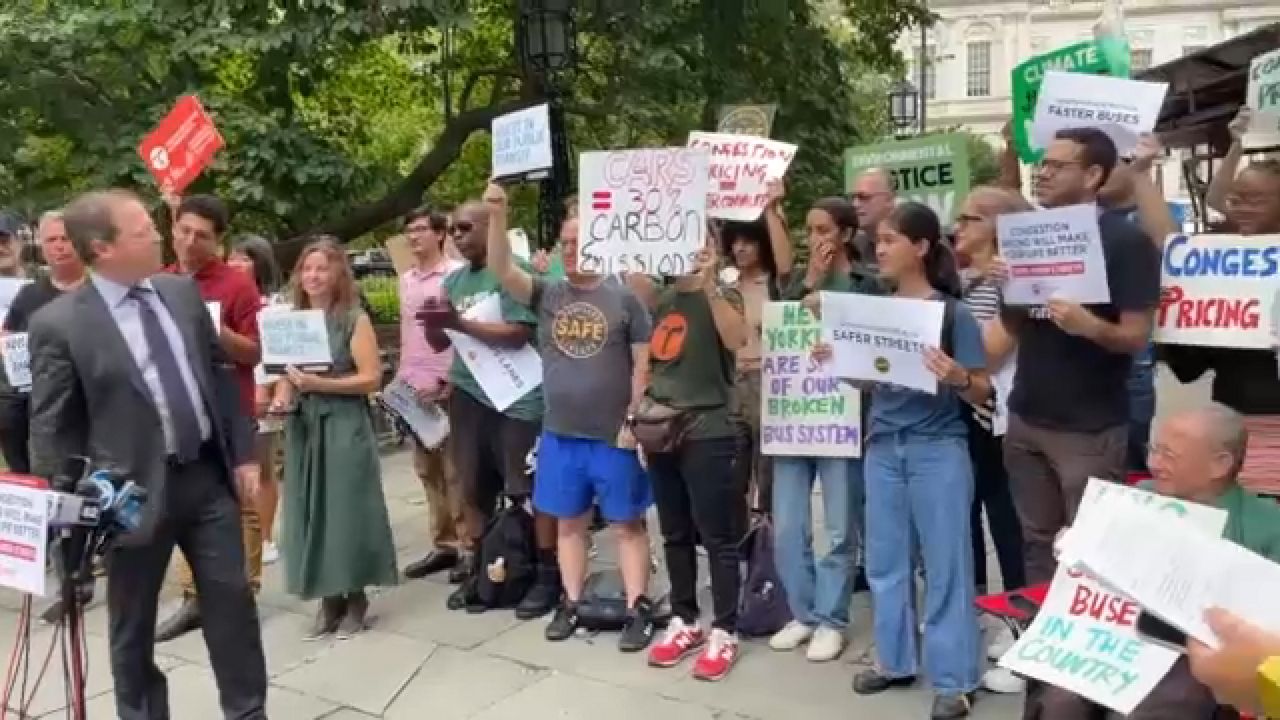Chinese Political Dissident Washes Up on South Korean Coast
A Chinese man who washed up on South Korea’s west coast last week is believed to be a political dissident who was once imprisoned in China, according to a South Korean human rights activist. Kwon Pyong, a 35-year-old ethnic Korean, arrived in the port city of Incheon after crossing the Yellow Sea on a water scooter. Lee Daeseon, the human rights activist, confirmed Kwon’s identity after visiting him at a coast guard facility where he was being held.
Kwon had traveled over 300 kilometers (about 200 miles) on the personal watercraft from China’s Shandong province to reach South Korea, where some of his relatives live. He is now seeking political asylum outside of China, preferably in the United States, Britain, or Canada. Kwon, who previously studied in Iowa as a college student, is said to be in good health and spirits.
The Korean coast guard reported that an individual on a red water scooter, carrying more than 200 liters (50 gallons) of fuel, had illegally crossed the border and beached on Incheon’s wetlands. The coast guard’s details of the man’s preparations for the trip, including wearing a life jacket and a helmet, carrying binoculars and a compass, and dumping empty fuel canisters along the way, suggest that he had thoroughly planned his journey.
In 2017, Kwon was imprisoned in China for 18 months on charges of “inciting subversion of state power” after posting critical speeches, images, and videos on social media. He had compared China’s top leader, Xi Jinping, to Hitler in one photo. Since his release, Kwon has been subject to an exit ban preventing him from leaving China legally. He attempted to seek political asylum in South Korea in 2019 but was unable to due to the travel ban.
China has increasingly used exit bans to keep critics of the regime within the country, where they can be closely monitored and silenced. Kwon’s case highlights the challenges faced by political dissidents in China and their efforts to seek refuge in other countries.
The Chinese Embassy in Seoul declined to comment on the case, stating that it has no relevant information. Kwon’s situation sheds light on the ongoing human rights issues in China and the plight of individuals who dare to speak out against the government’s censorship and political controls.

How can the international community provide support and protection for political dissidents like Kwon Pyong who seek asylum and freedom from persecution
The immigration detention center. Kwon told Lee that he had escaped from China, where he had been imprisoned for his political activities.
According to Lee, Kwon had been involved in pro-democracy movements in China and had criticized the Chinese government’s human rights record. He had been arrested and sentenced to several years in prison for his activities.
Kwon managed to escape from China by crossing the border into North Korea and then making his way to South Korea on the water scooter. The journey was perilous, but he was determined to reach a country where he could be free from persecution.
Upon arriving in Incheon, Kwon immediately turned himself in to the authorities, seeking political asylum. He feared that he would be sent back to China if he didn’t take the proper legal channels. South Korean authorities are now processing his asylum application and conducting investigations into his claims.
China has a long history of cracking down on political dissidents and human rights activists. The Chinese government has been accused of censoring the internet, limiting freedom of speech and assembly, and targeting individuals who criticize the ruling party or advocate for democratic reforms.
Defectors from China who manage to reach South Korea often face long and complicated legal processes to secure asylum. It can take months or even years for the government to review their cases and make a decision.
The case of Kwon Pyong highlights the ongoing struggle faced by political dissidents in China and the risks they are willing to take to seek freedom and human rights. The journey across the Yellow Sea was treacherous, but for Kwon, it was a chance at a new life, far away from the oppression he experienced in his home country.
As more details emerge about Kwon’s background and his experiences, human rights activists are hoping that his case will draw attention to the plight of political dissidents in China and the urgent need for international support in protecting their rights and ensuring their safety.

